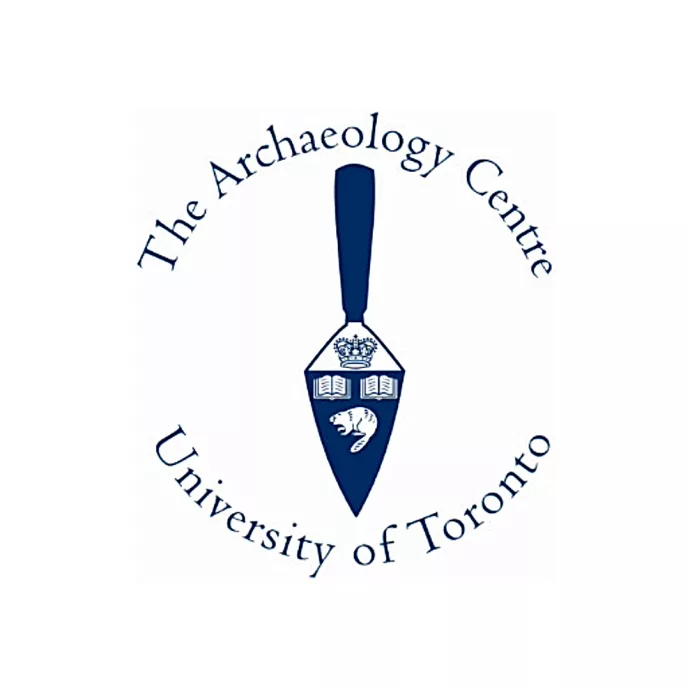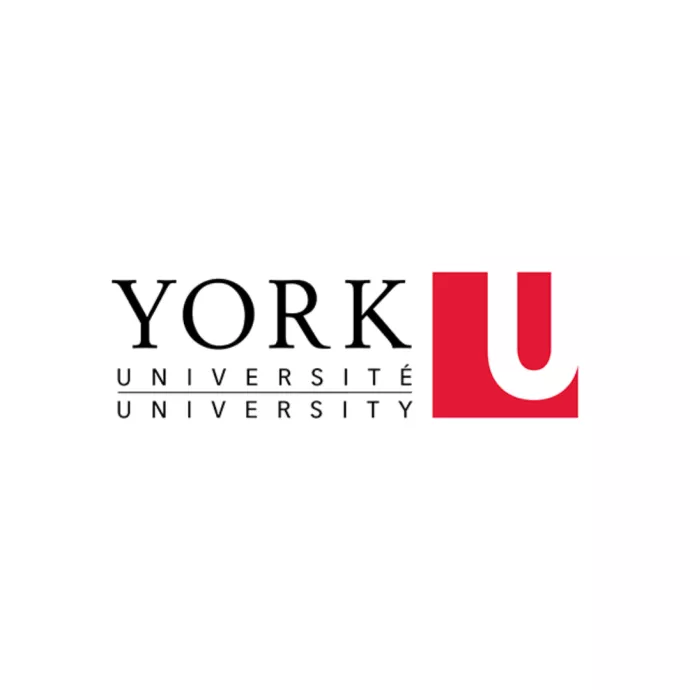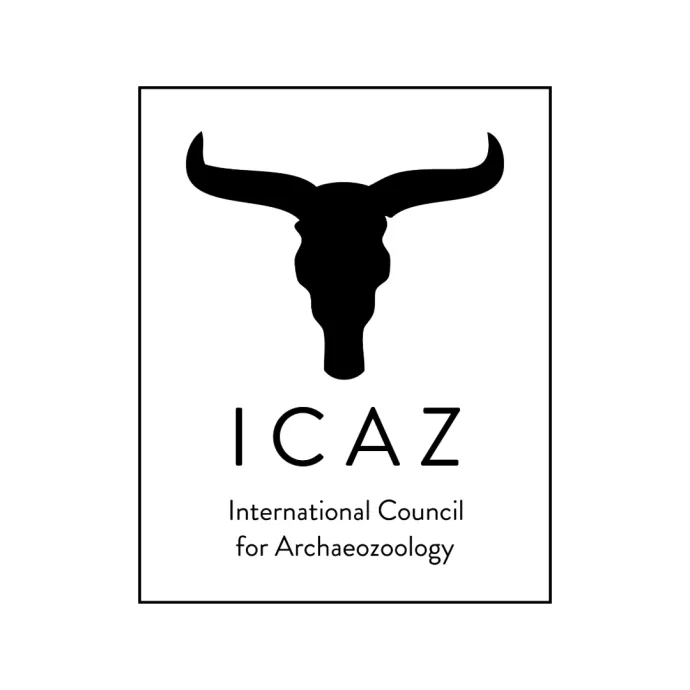
22nd ICAZ Fish Remains Working Group
August 12 to 17, 2024, Toronto
The 22nd International Conference of the International Council for Archaeozoology Fish Remains Working Group was held in Toronto, Ontario, Canada, from August 12 to 17, 2024. The dates are inclusive of the post-conference field trip.
Conference
Call for Papers (abstracts and deadlines)
Post-conference Excursion
Post-conference Excursion (including hotel information)
Organizing Team, Supporting Partners, and Contact
Call for Papers

The 2024 ICAZ Fish Remains Working Group (FRWG) Conference Organizing Committee invites abstract submissions for paper and poster presentations at the upcoming conference in Toronto, Canada (August 12 to 17, 2024). Toronto is located on the shores of Lake Ontario, one of North America’s large freshwater lakes. Fish and fishing were and are central to the livelihoods of Indigenous peoples in the region and were important for the settler economy in the colonization period.
Abstracts
Abstract submissions are now closed.
We welcome abstracts on topics pertaining to historical and archaeological use of fish by humans. We uphold the tradition of past FRWG conferences to be widely inclusive of studies employing differing methodologies and examining past human and fish interactions globally.
Abstracts of 300 to 500 words should be written in English and accompanied by 3 keywords. Paper presentations will be limited to 15 minutes in length, and they will be followed by a 5-minute question-and-answer session.
Abstract submission should be undertaken by the author whose name appears first in the list of authors on the paper or poster, and this author must register for the conference (for attendance in-person or online). All communication regarding the conference presentation and program will be directed to this author. Conference participants can be first/lead author on only one paper and one poster. However, they are welcome to be co-author on any number of other papers and posters. Authors who are not the lead author are not obligated to register, but they are encouraged to do so.
This will be a hybrid meeting. We encourage registrants to participate in person, but those who cannot attend in person may participate remotely. We can accommodate both live or prerecorded presentations by remote participants. Participants joining remotely can also submit posters. Participants presenting posters in absentia will need to provide a physical poster.
Schedule and Program
The tentative schedule for the conference is as follows:
- Monday, August 12, 2024 – Conference sessions/papers (approximately 9:00am to 5:00pm)
- Tuesday, August 13, 2024 – Conference sessions/papers (approximately 9:00am to 5:00pm)
- Wednesday, August 14, 2024 – Poster session (morning); in-town excursion (afternoon)
- Thursday, August 15, 2024 – Conference sessions/papers (approximately 9:00am to 5:00pm); banquet (approximately 5:00pm to 9:00pm)
- Friday, August 16, and Saturday, August 17, 2024 – Post-conference excursion
Final program and abstract book (PDF)
Registration
Registration deadlines
Registration is now closed.
Registration options:
Registration includes a light sandwich-style lunch for in-person attendees on the four main session days (Monday, August 12, to Thursday, August 15).
- Standard registration $250.00 Canadian
- Reduced registration $150.00 Canadian
- Conference banquet $130.00 Canadian (no longer available for purchase)
- Post-conference excursion (excluding hotel) $280.00 Canadian (no longer available for purchase)
- Conference banquet tickets for non-registrants/accompanying persons $130.00 Canadian (no longer available for purchase)
- Post-conference excursion for non-registrants/accompanying persons (excluding hotel) $280.00 Canadian (no longer available for purchase)
- Coffee Break Advertising $500.00 Canadian
About ICAZ and the FRWG
The International Council for Archaeozoology (ICAZ) is a nonprofit organization devoted to promoting archaeozoological research of the highest scientific standards and fostering communication among the international community of archaeozoologists. ICAZ members number more than 550 individuals from 62 countries, all with the common interest of understanding past relationships between humans and animals. (from the ICAZ Website)
The Fish Remains Working Group (FRWG) was created during an informal meeting held at the Zoological Museum of the University of Copenhagen in 1980. Its members are an interdisciplinary consortium of researchers (archaeozoologists, archaeologists, zoologists, ichthyologists, historians, and fishery biologists) interested not only in the study of fish remains retrieved in archaeological sites from around the world, but also on any matter dealing with fishing, the fish trade, and fish consumption in prehistoric and historic times. (from the FRWG Website)
Prospective attendees who wish to know more about the range of topics covered in typical FRWG conferences are encouraged to view programmes from past conferences:
There have also been short summaries of past FRWG meetings published in the ICAZ Newsletter that may be of interest:
- 2022 meeting (PDF)
- 2019 meeting (PDF)
- 2017 meeting (PDF)
About Toronto

Toronto is the largest city in Canada (with a population of roughly 3 million people in the city itself and roughly 6.3 million including the surrounding Greater Toronto Area), and it is the capital city of the province of Ontario. The city lies on the northwestern shore of Lake Ontario, one of the five Great Lakes of northeastern North America. Toronto is a vibrant city with lots of attractions (including an aquarium and an art gallery with extensive holdings of paintings by The Group of Seven). Toronto is also one of the most multicultural cities in the world, with a food scene to match.
Toronto has an excellent public transit system, which can be used to travel between hotels or short-term rentals and the conference venue. Toronto also has a bikeshare programme, with docking stations throughout the downtown core and (at less regular intervals) beyond. Although only those cyclists under the age of 18 are obligated to wear a (government-approved) bike helmet, we strongly recommend that adults wear one too.
For more information on visiting Toronto, see Destination Toronto or Visiting Toronto.
About the Conference Venue
The 2024 FRWG conference will be held on the St. George (downtown) campus of the University of Toronto. The University of Toronto is a public research university that is Canada’s largest university, with an enrolment of almost 100,000 students across three campuses. Located in the centre of the City of Toronto, the St. George campus, the largest of the three campuses, was established in 1827. The FRWG conference will hold events at several locations across the St. George campus.

Maps
We wish to acknowledge the land on which the University of Toronto operates. For thousands of years it has been the traditional land of the Huron-Wendat, the Seneca, and the Mississaugas of the Credit. Today, this meeting place is still the home to many Indigenous people from across Turtle Island and we are grateful to have the opportunity to work on this land.
Travel to Canada
Please visit our Travel to Canada webpage.
Accommodations
New College Residences
The college has various addresses on campus, all about 100 metres from the conference venue.
New College currently does not have any short term stay availability for the time of the conference. We encourage interested attendees to check back regularly.
Hotels
When you are looking at prices for hotel rooms online, please be aware that the prices are given without tax. Multiply the room rate by 19.78% to get the exact figure in Canadian dollars including the tax (6% MAT municipal accommodation tax and 13% HST harmonized sales tax, which is also charged over the MAT). We were unable to hold a block of rooms without a percentage revenue commitment.
Non-chain hotels close by:
- Annex Hotel, 296 Brunswick Avenue
- Kimpton Saint George, 280 Bloor Street West
- Yorkville Royal Sonesta, 220 Bloor Street West
And there are a number of chain hotels within about 25 minutes' walk from the paper and poster venues (569 Spadina Crescent and 19 Ursula Franklin Street):
- Doubletree by Hilton, 108 Chestnut Street (link will open in a new tab)
- Holiday Inn, 30 Carlton Street
- Courtyard by Marriott, 475 Yonge Street
- Delta Chelsea, 33 Gerrard Street West
- Town Inn Suites, 620 Church Street
Banquet
- Where: University of Toronto Faculty Club, 41 Willcocks street
- When: Thursday, August 15, 6:00pm to 10:00pm
The Faculty Club is 50 m north of the venue we are using for the podium presentations. The dinner will be a sit-down event and will be in the Wedgewood Dining Room unless you hear otherwise.
- This room has air conditioning and is wheelchair accessible.
- The cost, of $130 Canadian per person, includes an appetizer, a main course, desert, a glass of red wine or white wine, and coffee or tea, as well as gratuities and value-added tax.
- The Faculty Club's summer menu has not yet been finalized but will include one option each for pescatarians, vegetarians, and vegans.
- We have made arrangements to add the option of Canadian-caught Sander vitreus (which is frequently found on Late Woodland archaeological sites in the area).
- We will email you with the exact menu options closer to the time.
If you have food allergies, please contact us before committing to the conference dinner, so that we can check with the Faculty Club whether they can accommodate you safely.

Post-conference Excursion
Please visit our Post-conference Excursion webpage.
Organizing Team
- Eric Guiry, Trent University, Canada
- Jen Harland, University of the Highlands and Islands, UK
- Alicia Hawkins, University of Toronto Mississauga, Canada
- Richard Hoffmann, York University (emeritus), Canada
- Radovan Kabatiar, University of Toronto St. George, Canada
- Suzanne Needs-Howarth, The Archaeology Centre, University of Toronto, Canada
- Trevor Orchard, University of Toronto Mississauga, Canada
- Thomas Royle, Norwegian University of Science and Technology
Acknowledgements
- Genevieve Dewar (University of Toronto Scarborough, Canada), Lisa Janz (University of Toronto Scarborough, Canada), and Katherine Patton (University of Toronto St. George, Canada) assisted with the initial stages of the organization for the conference.
- Carolyn Loos and Joanne Kao (University of Toronto Mississauga, Canada) provided considerable assistance with the financial aspects of the conference.
- Kimiko Hill (University of Toronto Mississauga, Canada) was responsible for creating and maintaining the website for the conference.
- Thank you to the following individuals for various other contributions to the organization of the conference: Anum Afzal (University of Toronto St. George, Canada); Annette Chan (University of Toronto St. George, Canada); Elizabeth Elliot (University of Toronto St. George, Canada); Max Friesen (University of Toronto St. George, Canada); Franco Guido (University of Toronto St. George, Canada); Marcel Martel (York University, Canada); Thivviya Vairamuthu (University of Toronto St. George, Canada).
Supporting Partners

The Archaeology Centre, University of Toronto

Department of Anthropology, University of Toronto Mississauga

Avie Bennett Historica Chair in Canadian History

International Council
for Archaeozoology (ICAZ)

ASI Archaeological and Cultural Heritage Services

Timmins Martelle Heritage Consultants Inc. (TMHC)

Archaeological Research Associates Ltd. (ARA)

Department of Anthropology, University of Toronto St. George
Contact
For questions, please contact us at frwg.toronto@utoronto.ca.



